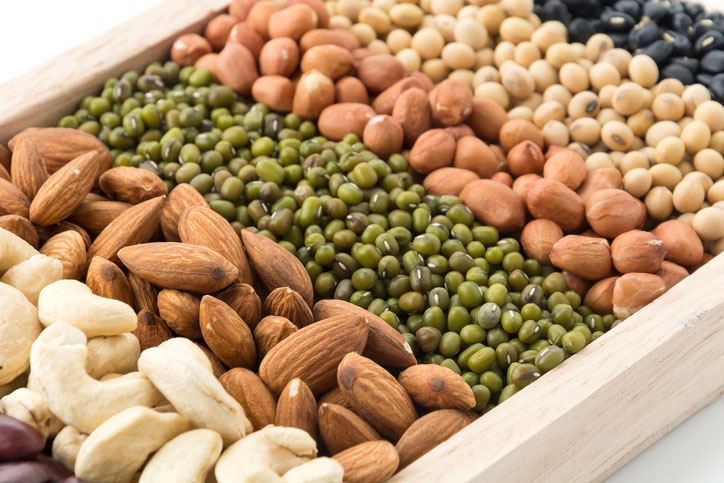Plant-Based Protein: A Sustainable Choice for Your Health and the Planet

In recent years, the shift towards healthier and more environmentally conscious lifestyles has led to a surge in interest in plant-based diets. One cornerstone of these diets is plant-based protein, which offers a plethora of advantages that extend beyond just personal health. From reducing the carbon footprint to supporting overall well-being, plant-based protein is a sustainable choice that benefits both individuals and the planet.
Nutritional Excellence
Plant-based proteins, derived from sources such as legumes, nuts, seeds, grains, and even vegetables, offer a diverse array of essential nutrients. Unlike some animal proteins that may come with saturated fats and cholesterol, plant-based proteins are typically low in unhealthy fats, making them heart-friendly options. They are also naturally rich in fiber, vitamins, minerals, and antioxidants that contribute to overall well-being. Quinoa, lentils, chickpeas, and chia seeds are just a few examples of plant-based protein sources that provide a wide range of nutrients.
Boost Weight Management and Fitness Goals
Fiber is a key component found abundantly in plant-based protein sources. This fiber not only aids in digestion and prevents constipation but also promotes a feeling of fullness. Plant-based proteins help control hunger, making them valuable allies in weight management. The gradual release of energy from complex carbohydrates found in plant-based sources ensures sustained energy levels throughout the day. For those of you who are athletes or perform heavy workouts, a plant-based protein powder may be beneficial. One that I have used for many years is Orgain. They have always been superior in taste and consistency.
Reduced Risk of Chronic Diseases
Numerous studies have shown that diets rich in plant-based proteins are associated with a reduced risk of chronic diseases such as heart disease, diabetes, and certain types of cancer. The absence of saturated fats and cholesterol in plant-based proteins contributes to lower levels of LDL cholesterol, supporting cardiovascular health. The antioxidants present in plant-based foods also help fight inflammation, which is linked to several chronic conditions.
Environmental Stewardship
One compelling advantage of plant-based proteins lies in their positive impact on the environment. The production of animal-based proteins generates significantly more greenhouse gas emissions, requires more water, and leads to deforestation for livestock farming. In contrast, plant-based protein sources have a lower carbon footprint and use fewer natural resources. By choosing plant-based proteins, individuals can contribute to mitigating climate change and conserving precious ecosystems.
Culinary Versatility, Delicious Possibilities
Contrary to the misconception that plant-based diets are monotonous, they actually offer an exciting world of culinary exploration. From mouthwatering lentil curries to savory chickpea burgers and nut-based cheeses, the variety of plant-based protein recipes is vast and ever-expanding. These creative dishes cater to diverse palates and can easily replace traditional meat-based meals.
Paving the Way for a Healthier Future
The advantages of plant-based protein extend far beyond just the plate. By embracing this protein source, individuals can enjoy enhanced health, contribute to sustainable environmental practices, and uphold ethical considerations. As more people recognize the benefits of plant-based proteins, they are not only making a positive impact on their own lives but also playing an active role in shaping a healthier world. So, why not take a step towards a brighter future by incorporating more plant-based protein into your diet? Your body and the planet will surely thank you!